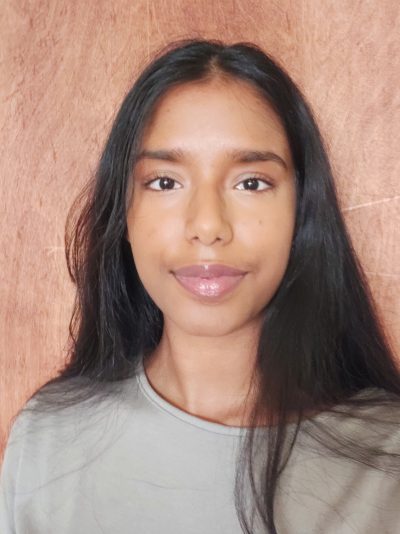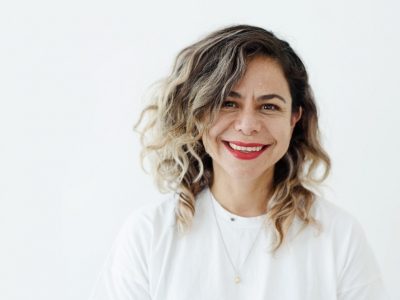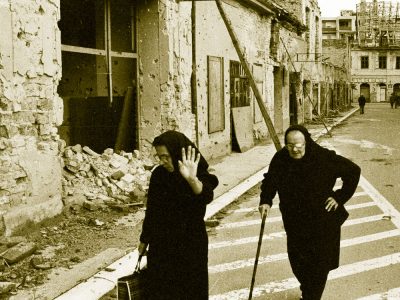By Karen Kelly

Gayani Chandrakumaran
When Gayani Chandrakumaran was growing up, people would blame Indigenous people and racialized minorities for the crime rate. Through her studies in criminology, Chandrakumaran has come to realize it’s not that simple.
“It’s not always just the individual; it’s not always just the culture. It could also be government policies or pharmaceutical companies, as with the opioid crisis,” says Chandrakumaran, who pursued a concentration in psychology. “It’s all about perception. People don’t recognize others as people and look at them like addicts or criminals. They are not really looking at the bigger picture and not giving them the benefit of the doubt. Sometimes they don’t help them because they think they’re beyond help.”
For her honours research essay, she chose to do a content analysis of research on crime committed by women of colour who are not Black or Indigenous.
“I really wanted to see if they were reflected in the justice system, especially because the other races aren’t really talked about,” says Chandrakumaran, who is Tamil Canadian. She found few references, which reflects the reluctance to talk about it in her own culture. “I hear stories about cousins or distant cousins who have been in trouble with the law and who have struggled to adapt to Canadian culture. Some of these families have been shunned. There is no conversation about it and no acknowledgement that is not necessarily their fault.”
Next year, Chandrakumaran hopes to get work experience in the field at a social service agency, for instance, or as a parole officer. She was looking forward to a placement with the parole board when the pandemic hit, but it was cancelled. Following a year on the job, she may return to academia for her master’s degree, seeking answers to some of the questions she posed as an undergraduate.
Monday, June 20, 2022 in FPA Voices, Institute of Criminology and Criminal Justice, Students
Share: Twitter, Facebook



